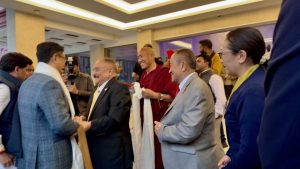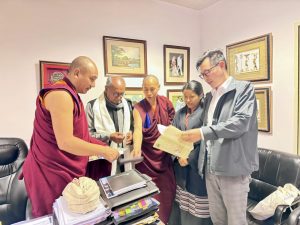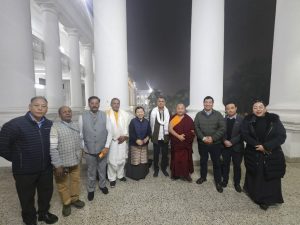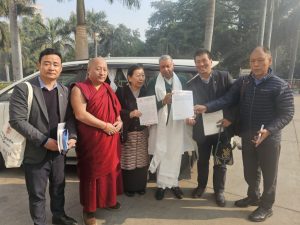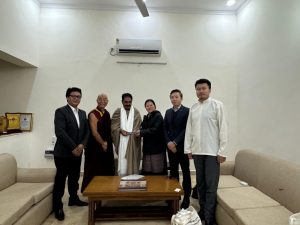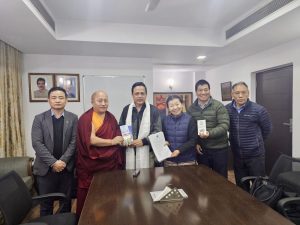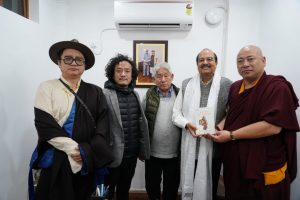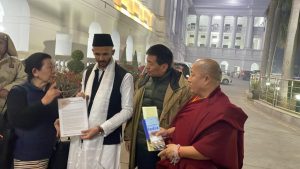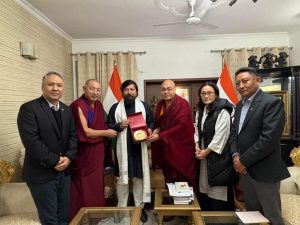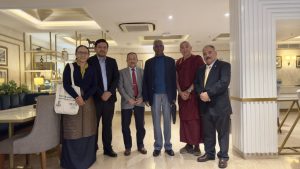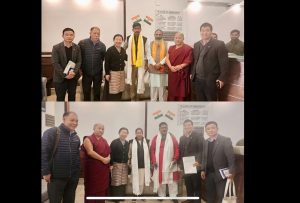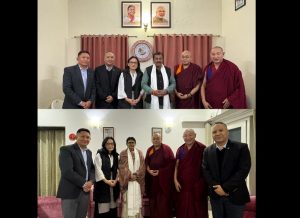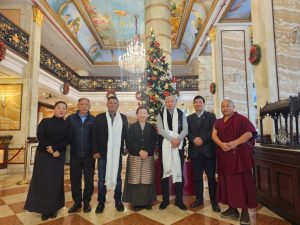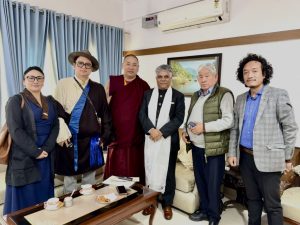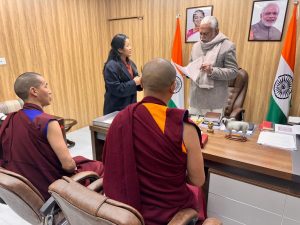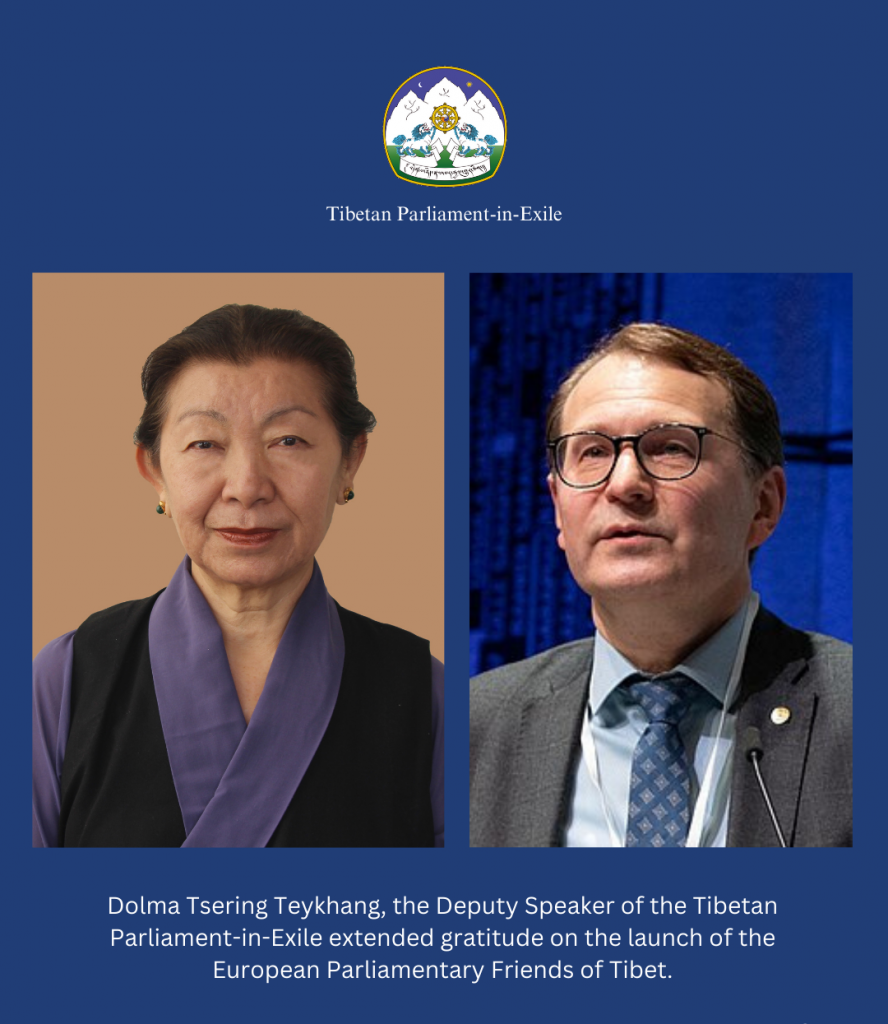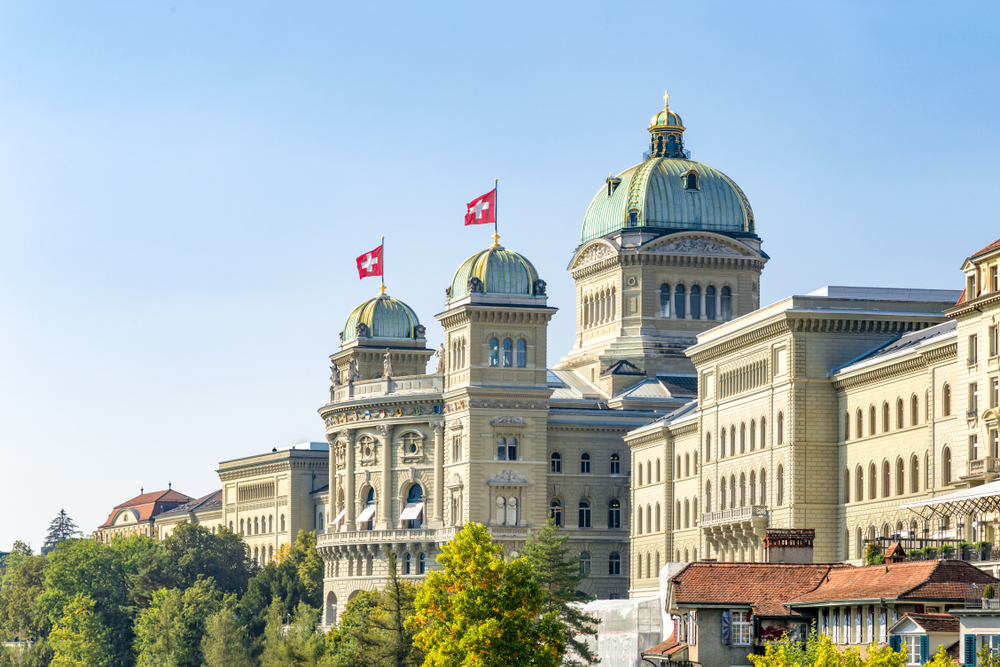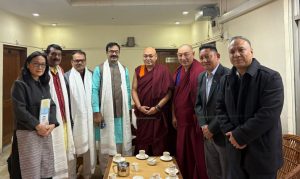
New Delhi, 16th December 2024: Tibetan Parliamentary Advocacy Effort in Delhi: As the Indian Parliament’s winter session is underway, members of the 17th Tibetan Parliament-in-Exile have launched a Tibet advocacy initiative in New Delhi. Their objective is to raise awareness about the serious challenges faced by the Tibetan people under the Chinese Communist regime, express gratitude to the government and people of India for their hospitality in hosting His Holiness the Dalai Lama and Tibetan refugees since 1959, and encourage Indian Parliamentarians to join the All Party Indian Parliamentary Forum for Tibet (APIPFT).
A delegation of 29 parliamentarians, including Speaker Khenpo Sonam Tenphel and Deputy Speaker Dolma Tsering Teykhang, has initiated these advocacy efforts. Organized into six committees, the group has engaged with one Union Minister, 20 members of the Rajya Sabha and Lok Sabha, representing eight different political parties from 16 states, as well as various other dignitaries.
The parliamentarians were grouped into 6 committees with the first committee consisting of Speaker Khenpo Sonam Tenphel, MP Geshe Monlam Tharchin, MP Youdon Aukatsang, MP Tashi Dhundup, and MP Tenzing Jigme.
The second committee with Deputy Speaker Dolma Tsering Teykhang, MP Dawa Phunkyi, MP Kunga Sotop, MP Lobsang Thupten, and MP Thupten Gyatso and the third group with MP Dawa Tsering, MP Tenpa Yarphel, MP Rigzin Lhundup, MP Wangdue Dorjee, and MP Pema Tso.
The fourth committee had MP Tenzin Jigdal, MP Tenpa Yarphel, MP Tsaneytsang Dhondup Tashi, MP Tsering Yangchen, and MP Phurpa Dorjee. And the fifth group had MP Lopon Thupten Gyaltsen, MP Lhagyari Namgyal Dolkar, MP Geshe Atong Rinchen Gyaltsen, and MP Choedak Gyatso. The sixth group was consisted of MP Migyur Dorjee, MP Geshe Lharampa Gowo Lobsang Phende, MP Tsering Lhamo, MP Lobsang Gyatso Sither, and MP Thondup Tsering.
The first committee led by Speaker met with MP Dr. Rabindra Narayan Behera, Lok Sabha member from Odisha (BJP); MP Pradeep Purohit, Lok Sabha member from Odisha (BJP); MP Sukanta Kumar Panigrahi, Lok Sabha member from Odisha (BJP); MP Vijay Baghel, Lok Sabha member (BJP); Shri Nisith Pramanik, former Minister of state; MP Jyotsna Charandas Mahant, Lok Sabha member (Congress); and MP Brijmohan Agrwal, Lok Sabha member (BJP).
The second committee met with MP Bhartruhari Mahtab, Lok Sabha member Odisha (BJP) and the Convener of the All Party Indian Parliamentary Forum for Tibet (APIPFT); MP Kriti Devi Debbarman, Lok Sabha member from Tripura (BJP); MP Rajkumar Roat, Lok Sabha member from Rajasthan: MP Sudama Prasad, Lok Sabha member from Bihar (Communist Party of India); MP Kali Charan Singh, Lok Sabha member (BJP); MP Bhojraj Nag, Lok Sabha member (BJP); MP Alfred Kanngam Arthur, Lok Sabha member; MP Saleng A. Sangma, Lok Sabha member (Indian National Congress); MP Richard Vanlalhmangaiha, Lok Sabha member (Zoram People’s Movement); MP Sudhakar Singh, Lok Sabha (RJD); Shri Basant, former member of Khadi and Village Industries Commission; and MP Ziaur Rahman Barq, Member of the Lok Sabha (Samajwadi Party).
The third committee met with MP Harsh Mahajan, Rajya Sabha member from Himachal Pradesh (BJP) and MP Dr. Rajeev Bhardwaj, and Rajya Sabha member from Himachal Pradesh (BJP).
The fourth committee held a meeting with MP N. K. Premachandran, Lok Sabha member from Kerala (Revolutionary Socialist Party).
The fifth committee met with MP Parshottam Rupala, Lok Sabha member from Gujurat and former Union Minister (BJP); MP Mitesh Rameshbhai Patel, Lok Sabha member from Gujurat (BJP); and MP Digvijaya Singh, Rajya Sabha member from Madhya Pradesh (Congress).
The sixth committee had meetings with Shri Kiren Rijiju, Union Minister of Parliamentary Affairs of India, and Shri Doraisamy Raja, the General Secretary of the Communist Party of India (CPI).
In the eight point appeal letter submitted to the aforementioned Indian leaders, the Tibetan Parliamentarians appealed that Tibet should be recognized as an occupied nation with a distinct and sovereign past, supported by historical evidence. The People’s Republic of China (PRC) should engage in meaningful dialogue with representatives of the Dalai Lama or elected Tibetan leaders to resolve the Tibet-China conflict under the Middle Way Policy, seeking genuine autonomy within China’s constitution.
They also appealed that the United Nations Framework Convention on Climate Change (UNFCCC) should initiate studies on the environmental impact of China’s exploitation of Tibet’s resources and its contribution to global climate change. Independent human rights organizations must be granted access to monitor the human rights situation in Tibet, and UN Special Rapporteurs should be invited to visit. China must also release all Tibetan political prisoners, including Gedhun Choekyi Nyima, the 11th Panchen Lama. The PRC should cease its policies aimed at eradicating Tibetan culture, language, and religion.
Additionally, urging that a national legislative framework should be established to combat China’s authoritarianism and disinformation campaigns, which threaten democratic institutions and global stability. Legislators must raise awareness and express concerns about human rights violations in Tibet on all available platforms.
This advocacy effort is being coordinated by the India Tibet Coordination Office (ITCO) with its Coordinator and staff alongside Tibetan Parliamentary staff members accompanying the committees during their meetings
